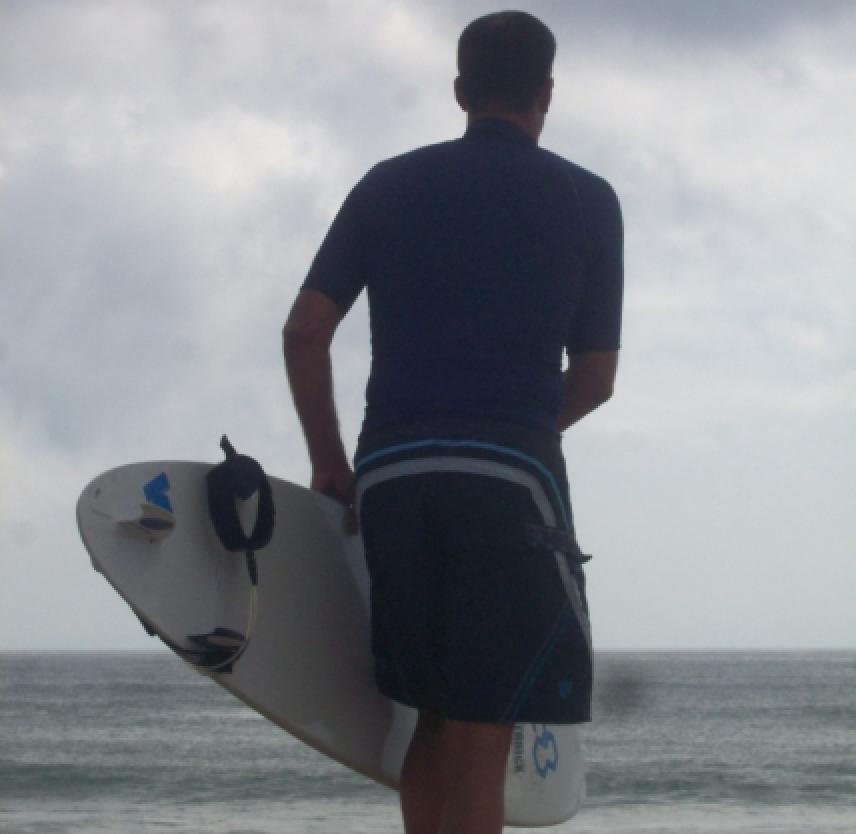
Dr. Emilie Godwin at Virginia Commonwealth University recently chatted with me about her research study on resilience. I was not really sure what that word meant. I hear the word used all the time, and think of it as a positive personality trait. If I were to describe a resilient person, I would think of someone with an inborn ability to cope with hardship better than most of us.
Dr. Godwin gave me great news! “Resilience is not a personality trait,” she said. “We can all develop both individual and family resilience throughout our lives. Some people think of resilience as the ability to bounce back, but I like to think it’s the ability to bounce forward after brain injury.”
Ah-ha! When I heard the phrase bounce forward I knew exactly what she meant. After brain injury, many survivors and caregivers try for months to return to exactly where they were pre-injury. After many months of trying and hitting roadblocks, people eventually learn that they need to start over and start a new kind of life — not necessarily a worse life than before — just a different life with different daily schedules, expectations, and rewards. Doing so without looking back is hard, and there’s a normal grieving process, but once you decide to move forward, using all the talents, skills, and abilities you have to work with, it’s liberating.
Before Hugh’s injury, I was in the human resources field. I owned and operated my own small business called Resumes Worth Reading. Of course, for years after his injury, I still did that work, but when I began to really think about it, I had changed. Caregiving, journaling, and writing to find meaning consumed me. I was passionate about caregiving, so I tried writing a book, something I had always wanted to do before but never had the nerve. As you can see, my life opened up from there on. I now feel as if I am doing exactly what I was always meant to do. My work is my passion. This is a rare thing to find in this world and it’s something good that came out of a difficult, painful life experience.
The VCU TBI Model System Program in Richmond, Virginia is currently recruiting people with traumatic brain injuries for a new research study on Adjustment and Resilience after TBI. Caregivers who encourage their loved ones to participate in this study may reap many benefits at home. In seven rehabilitation and education sessions, volunteer participants will learn:
- to understand the changes that have resulted from their TBI.
- how to improve recovery.
- goal-setting and problem-solving skills.
- new ways to manage stress and intense emotions.
- how to communicate effectively.
- rebuild relationships.
- and maintain a positive outlook.
This program will arm individuals with everything they need to bounce forward.
As caregivers help their loved ones rebuild new lives, they form a foundation to shape their own new life, and maybe they will discover, as I did, that there’s more than one way to pave a rewarding future after TBI.
Interested in the Adjustment and Resilience Brain Injury Study?
- The study is IRB-approved.
- There is no cost to participate
- Volunteers will be compensated for their time.
For more information, click here.

Comments (7)
Please remember, we are not able to give medical or legal advice. If you have medical concerns, please consult your doctor. All posted comments are the views and opinions of the poster only.
Anonymous replied on Permalink
Anonymous replied on Permalink
Anonymous replied on Permalink
Anonymous replied on Permalink
Anonymous replied on Permalink
Anonymous replied on Permalink
Anonymous replied on Permalink